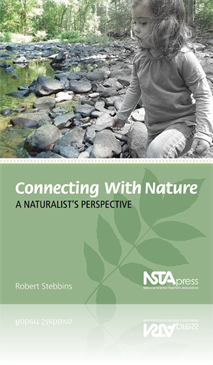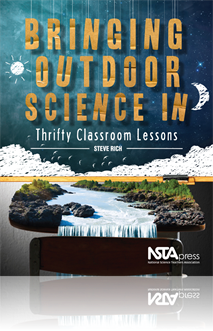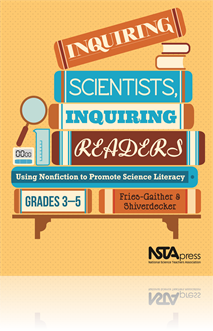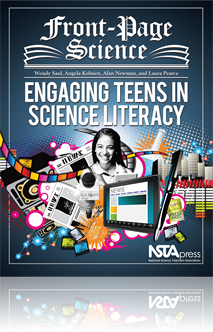All Book Chapters
Book Chapter
Hopeful Prospects: A Historic Message That Almost Succeeded
The problems are interrelated and may seem insurmountable, but they can and must be resolved. Historic and recent efforts show the way to a positive outcome are explored in this chapter....
Book Chapter
Since the key to success of the nature-centered ecological program depends so heavily on direct personal experiences with living organ- isms and their habitats and on doing studies outdoors, it is important that ample time be allowed for the program,...
Book Chapter
Rocks and soil are indeed a part of everyday life and an important component of a complete science curriculum. Use the lessons in this chapter to introduce students to rocks and soils in their local area and beyond. The lessons in this chapter are Ex...
Book Chapter
The question students will answer through this chapter is, What can we discover by observing objects in the sky? Three separate but related investigations reveal patterns in the sky. The inquiry begins with an investigation into the changing shape of...
Book Chapter
Science Literacy: The Big Picture
In this opening chapter of Front-Page Science , the authors give an over view of science literacy and the layout of the book. ...
Book Chapter
Certainly a class can learn a lot by just engaging in activities described in the previous chapters in this book and not actually writing an article. The authors believe, however, that writing moves the student to a deeper level of understanding and ...
Book Chapter
It’s All About Revising: Moving Toward Publication
In this chapter, the authors present different ways to give students feedback on their writing, including conferences, peer feedback, and other assessment strategies....
Book Chapter
For reluctant writers or tech-savvy teens, engaging in alternative approaches to creating stories is an attractive approach. Creating podcast and videos can also provide opportunities for students to work in teams and learn the type of 21st-century s...
Book Chapter
Science Journalism Goes To School
What exactly is a science news article? To understand that, it is important to differentiate journalistic writing from other forms of expression. This chapter provides a detailed description of what the authors mean by a science news article and give...
Book Chapter
Can I Do This? Frequently Asked Questions
Teachers and administrators have expressed certain practical concerns, the answers to which help them decide if SciJourn is possible given the realities of their own school. In these Frequently Asked Questions (FAQs) the authors seek to address so...
Book Chapter
In this chapter, the authors briefly outline the process used to create the SciJourn standards, and then describe each in some detail, furnishing the reader with real student examples. As you seek to “sell” the project to your schools, parents, a...
Book Chapter
Literacy professionals often think about the connection between reading and writing. How does reading impact the ability to write and think? What do competent writers notice when they read? In this chapter, the authors suggest a systematic approach, ...
Book Chapter
Finding and Keeping Track of Sources
Scientifically literate people seek credible sources, knowing that they cannot always depend on firsthand encounters. Several credible sources are typically needed to assess the value of new findings or commercial product in order to confirm informat...
Book Chapter
In this chapter, the qualities of a good topic, how to “pitch” stories in the classroom (slow and fast), and a list of dos and don’ts for teachers when helping students refine topics and angles are discussed....
Book Chapter
Original Reporting: Interviews And Surveys
In this chapter, the authors discuss interviews and surveys from a science literacy standpoint; provides hints for how to conduct both and what to do with the results....





